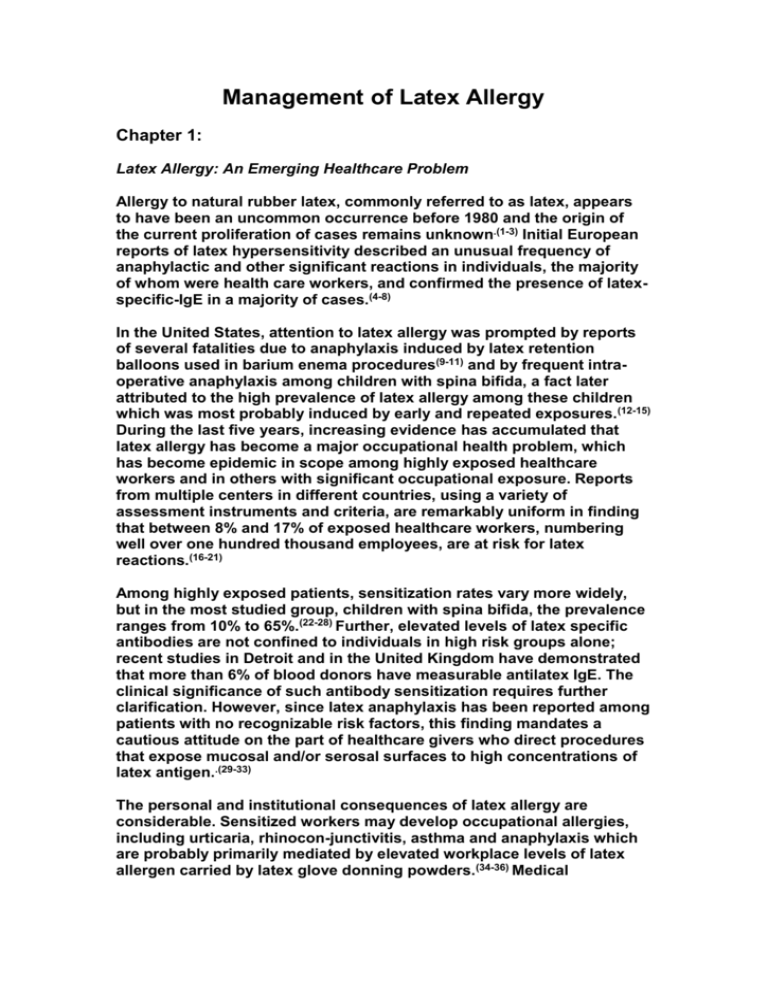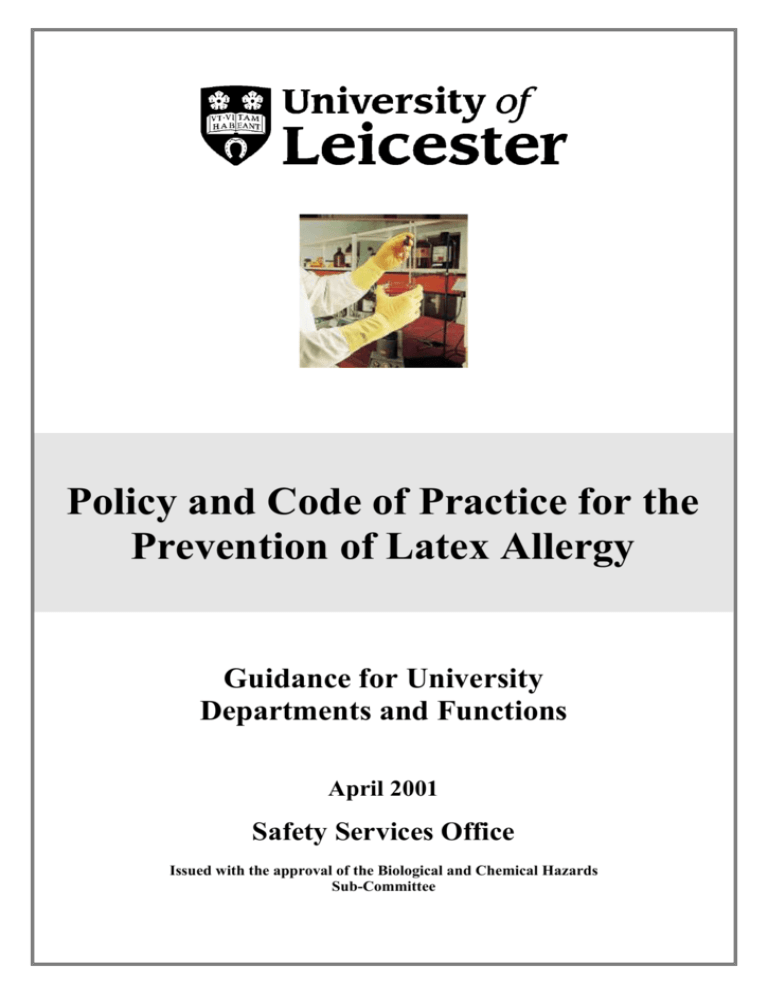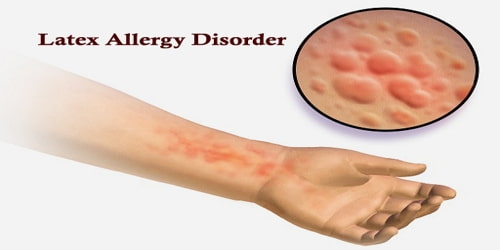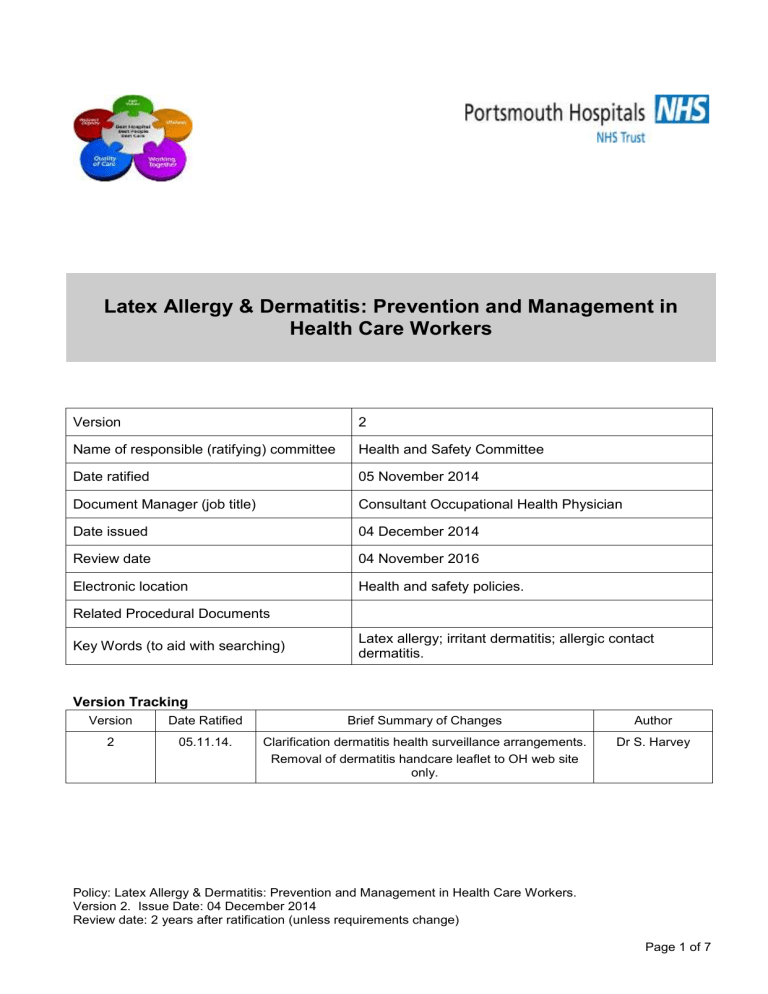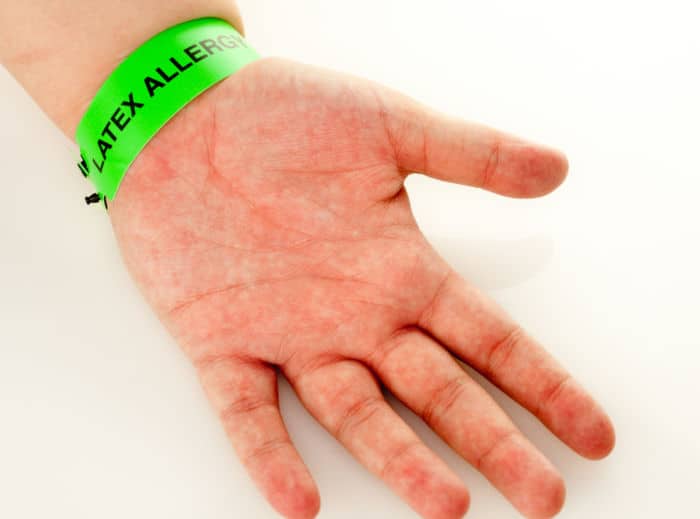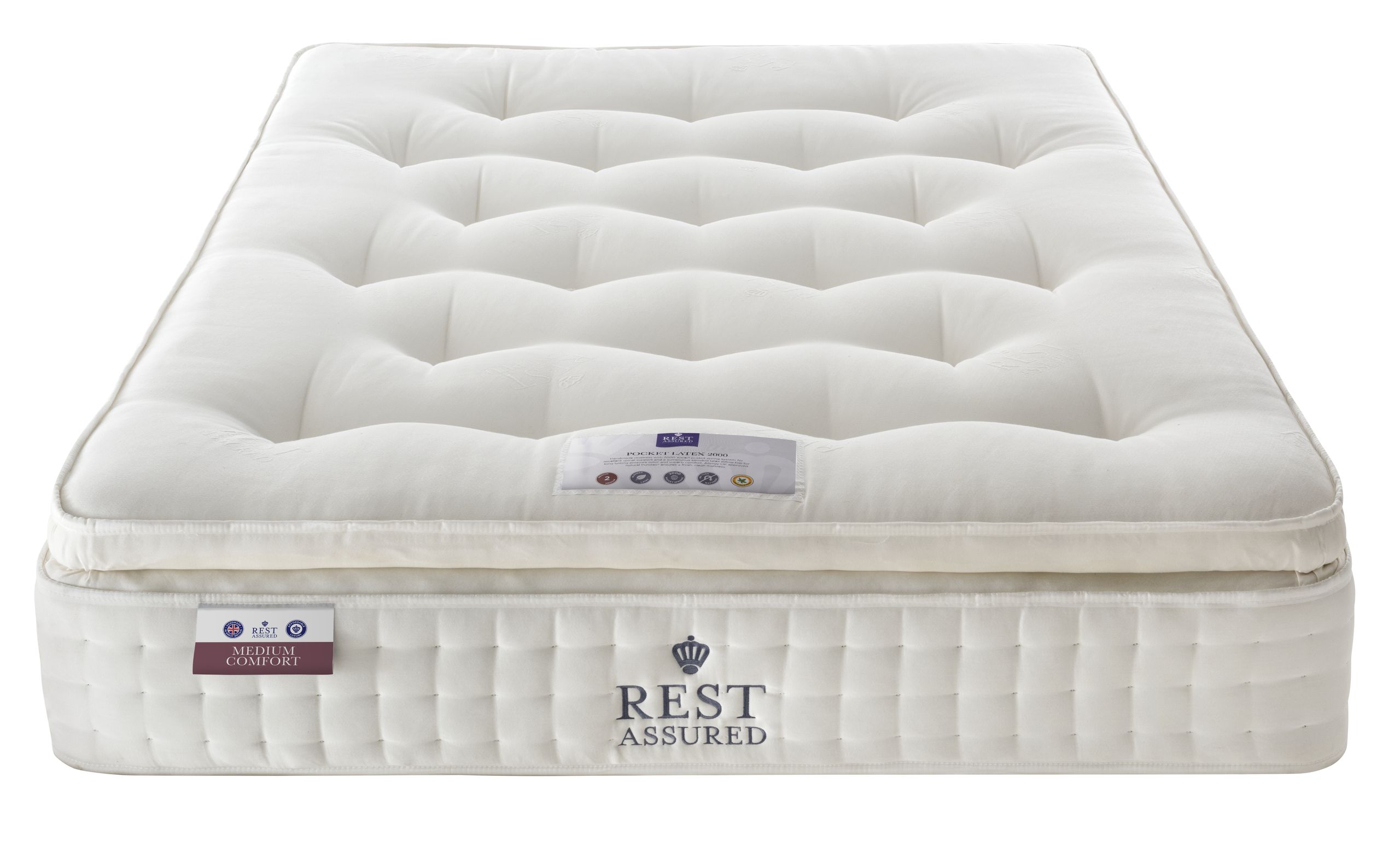If you suffer from skin irritation, difficulty breathing, or other allergy symptoms when exposed to latex, you may have a latex allergy. Latex is a natural rubber material commonly used in disposable gloves, balloons, and other products, including mattresses. While latex mattresses are known for their comfort and support, they can also pose a problem for those with a latex allergy. In this article, we will discuss the symptoms, causes, diagnosis, and treatment options for latex allergy, as well as what you need to know about latex mattresses if you have this allergy.Latex Allergy: Symptoms, Causes, Diagnosis, Treatment
Latex allergy is a reaction to the proteins found in natural rubber latex. This type of allergy is considered a type I hypersensitivity reaction, which means it is an immediate reaction that can occur when the body's immune system overreacts to a harmless substance, in this case, the proteins in latex. Latex allergy can be either a mild or severe reaction, ranging from skin irritation to anaphylaxis, a life-threatening allergic reaction. It is estimated that about 5% of the general population has a latex allergy, but rates are higher among healthcare workers and individuals with a history of repeated exposure to latex.What is Latex Allergy?
The symptoms of latex allergy can vary depending on the severity of the reaction. The most common symptoms include:Common Symptoms of Latex Allergy
The proteins found in natural rubber latex are the main cause of latex allergy. These proteins are released when latex products are manufactured and can be found in the air, making it easy for individuals to inhale or come in contact with them. Repeated exposure to latex can cause the body's immune system to produce antibodies, leading to an allergic reaction. Individuals who are at a higher risk for latex allergy include healthcare workers, individuals with a history of allergies, and those with a history of repeated exposure to latex, such as individuals who have had multiple surgeries or wear latex gloves regularly.Causes of Latex Allergy
If you suspect you have a latex allergy, it is essential to consult with an allergist for proper diagnosis and treatment. The allergist will perform a physical exam, review your medical history, and may conduct the following tests:Diagnosis of Latex Allergy
Unfortunately, there is no cure for latex allergy, and the best way to manage it is to avoid exposure to latex. However, if you have a mild to moderate reaction, over-the-counter antihistamines or topical corticosteroids may provide relief from symptoms. In severe cases, an injectable epinephrine (adrenaline) may be necessary to treat anaphylaxis. It is essential to carry an epinephrine auto-injector with you at all times if you have a severe latex allergy.Treatment Options for Latex Allergy
Latex mattresses are becoming increasingly popular due to their comfort, support, and durability. However, if you have a latex allergy, sleeping on a latex mattress can trigger an allergic reaction. The good news is that there are alternative options for those with a latex allergy, such as memory foam or organic cotton mattresses. If you choose to purchase a latex mattress, ensure that it is made from 100% natural latex and not a synthetic blend, as synthetic latex can also contain allergenic proteins. Additionally, look for mattresses that are certified hypoallergenic or have a "latex-free" label to ensure they are safe for individuals with a latex allergy.Latex Allergy and Mattresses: What You Need to Know
Latex allergy can be a frustrating and potentially life-threatening condition, but with proper diagnosis and management, individuals can lead a normal life. If you suspect you have a latex allergy, consult with an allergist for proper testing and treatment. And if you're in the market for a new mattress, be sure to consider your latex allergy and opt for an alternative if necessary. With the right precautions, you can still enjoy a good night's sleep without worrying about allergy symptoms disrupting your rest.Final Thoughts
How to Choose the Right Mattress for Latex Allergy Sufferers

What is a Latex Allergy?
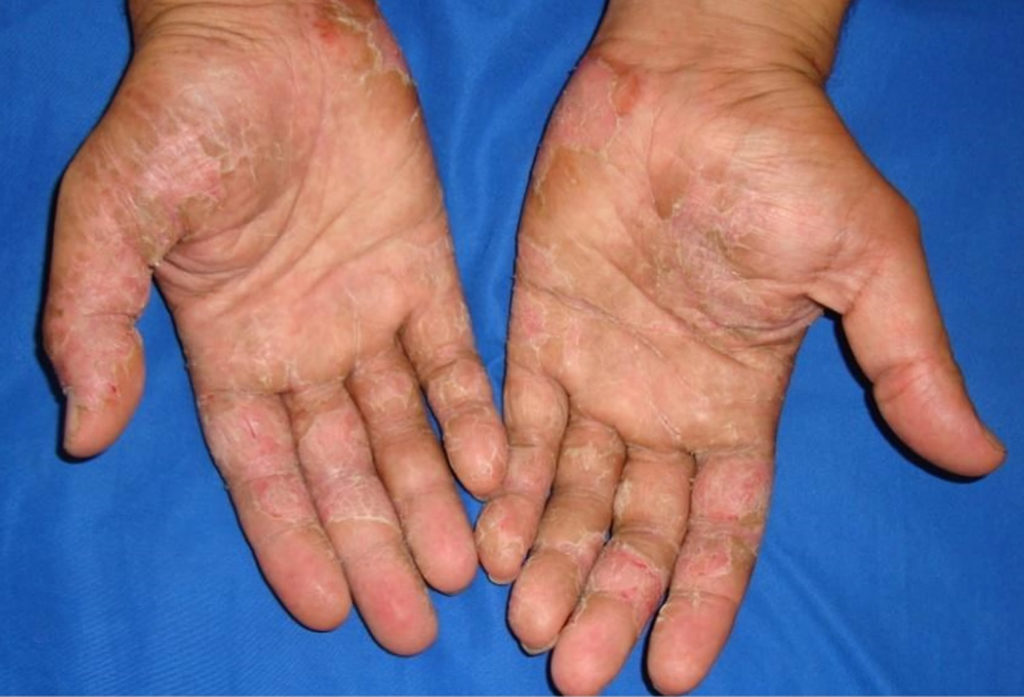 Latex is a natural material derived from the sap of rubber trees. It is commonly used in various products, including mattresses, due to its durability and flexibility. However, some individuals may develop an allergic reaction to latex, which can cause symptoms such as skin irritation, hives, and difficulty breathing. This type of allergy is more common in individuals who are exposed to latex on a regular basis, such as healthcare workers and those with a history of allergies.
Latex is a natural material derived from the sap of rubber trees. It is commonly used in various products, including mattresses, due to its durability and flexibility. However, some individuals may develop an allergic reaction to latex, which can cause symptoms such as skin irritation, hives, and difficulty breathing. This type of allergy is more common in individuals who are exposed to latex on a regular basis, such as healthcare workers and those with a history of allergies.
The Connection between Latex Allergy and Latex Mattress
 For individuals with a latex allergy, sleeping on a latex mattress can trigger an allergic reaction. This is because the mattress is made from natural latex, which contains proteins that can cause an allergic reaction when in contact with the skin. Furthermore, the manufacturing process of latex mattresses often involves the use of chemicals, which can also cause irritation for those with a latex allergy.
For individuals with a latex allergy, sleeping on a latex mattress can trigger an allergic reaction. This is because the mattress is made from natural latex, which contains proteins that can cause an allergic reaction when in contact with the skin. Furthermore, the manufacturing process of latex mattresses often involves the use of chemicals, which can also cause irritation for those with a latex allergy.
Alternative Mattress Options for Latex Allergy Sufferers
 If you suffer from a latex allergy, it is important to choose a mattress that is hypoallergenic and does not contain latex or other allergenic materials. One option is to choose a mattress made from organic cotton, which is naturally hypoallergenic and free from chemicals. Another option is to choose a memory foam mattress, as it is made from synthetic materials and does not contain latex. However, be sure to check the label for any potential allergens.
If you suffer from a latex allergy, it is important to choose a mattress that is hypoallergenic and does not contain latex or other allergenic materials. One option is to choose a mattress made from organic cotton, which is naturally hypoallergenic and free from chemicals. Another option is to choose a memory foam mattress, as it is made from synthetic materials and does not contain latex. However, be sure to check the label for any potential allergens.
How to Check for Latex in a Mattress
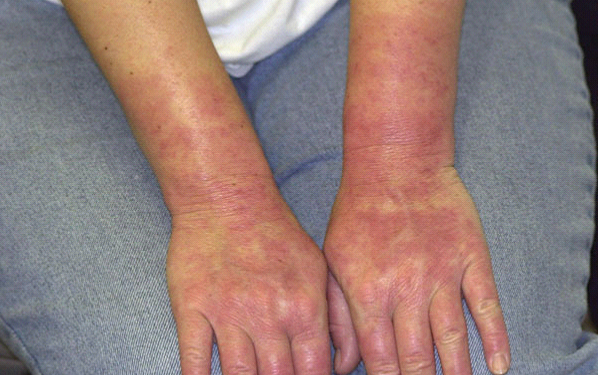 When shopping for a mattress, it is important to carefully read the label and check for any potential allergens. Look for mattresses that are labeled as "latex-free" or "hypoallergenic." You can also ask the manufacturer for a list of materials used in the mattress to ensure that it does not contain latex.
In Conclusion
, individuals with a latex allergy should be cautious when choosing a mattress. It is important to carefully read labels and choose a hypoallergenic option. By following these tips, you can ensure a good night's sleep without having to worry about triggering an allergic reaction.
When shopping for a mattress, it is important to carefully read the label and check for any potential allergens. Look for mattresses that are labeled as "latex-free" or "hypoallergenic." You can also ask the manufacturer for a list of materials used in the mattress to ensure that it does not contain latex.
In Conclusion
, individuals with a latex allergy should be cautious when choosing a mattress. It is important to carefully read labels and choose a hypoallergenic option. By following these tips, you can ensure a good night's sleep without having to worry about triggering an allergic reaction.

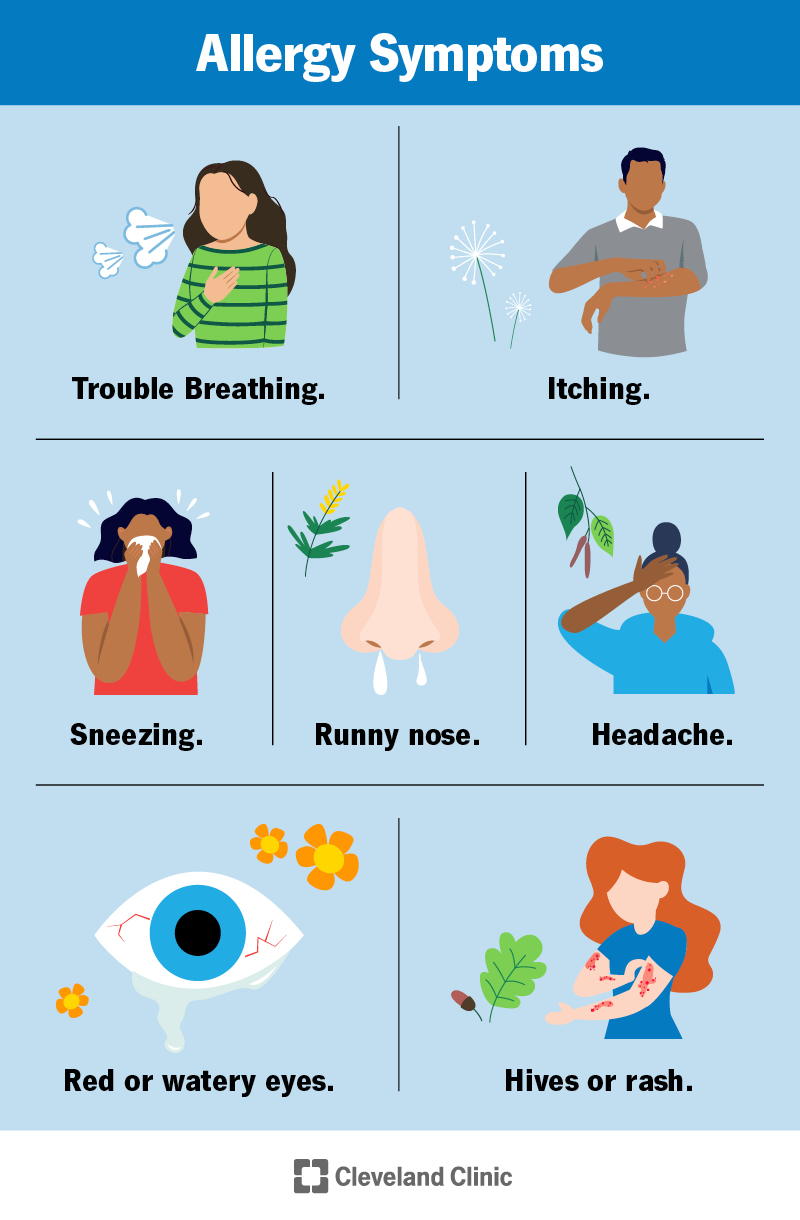

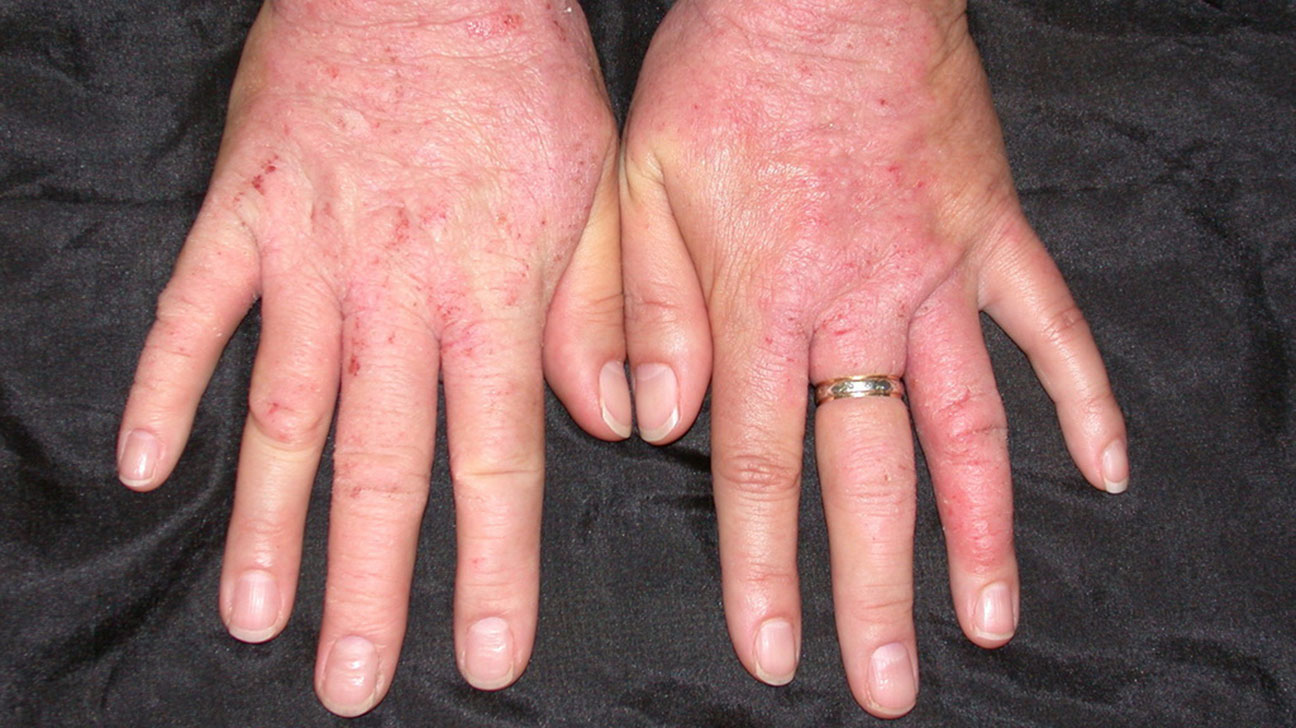





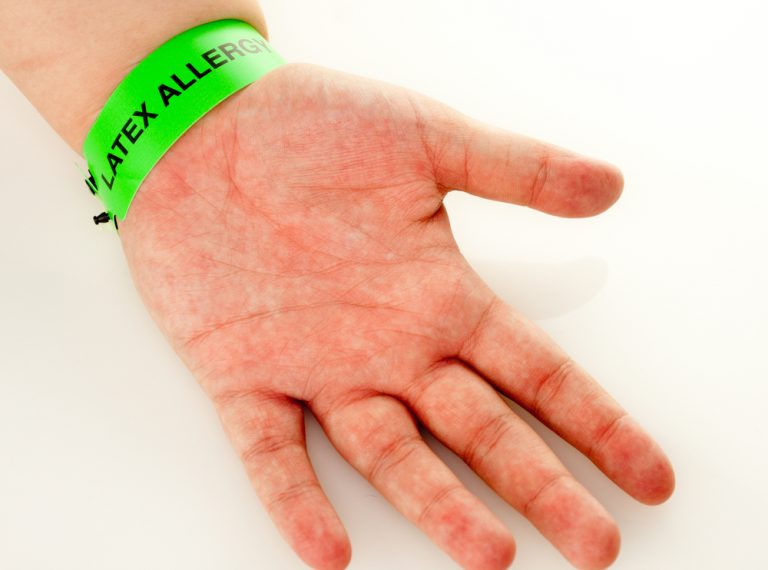
/hives-resized-569fe7583df78cafda9f0235.jpg)

